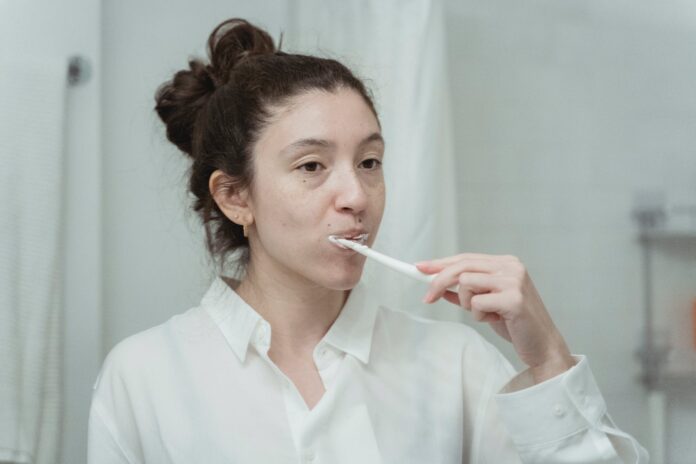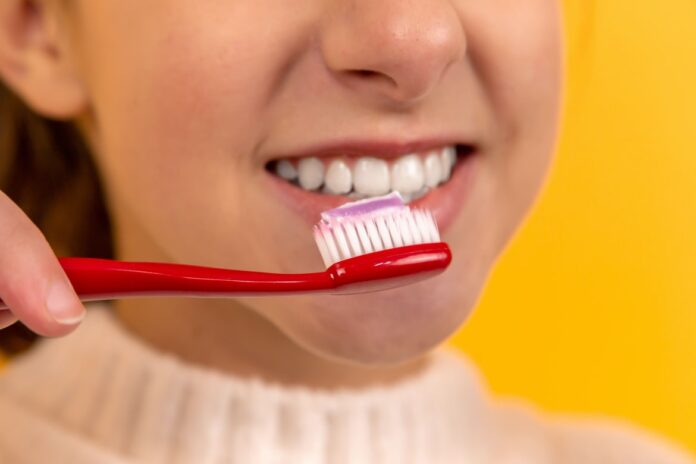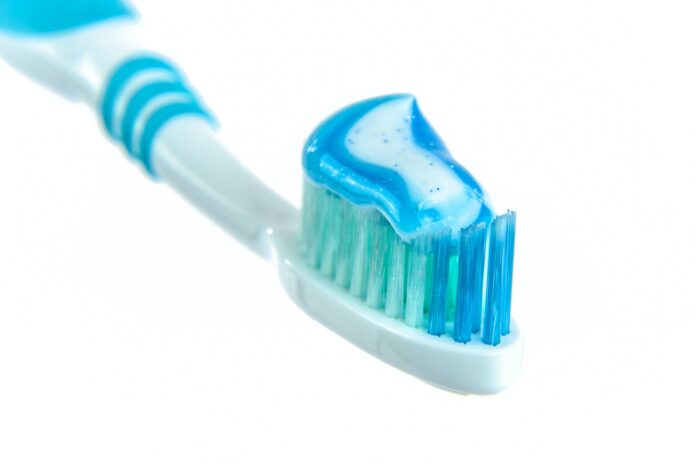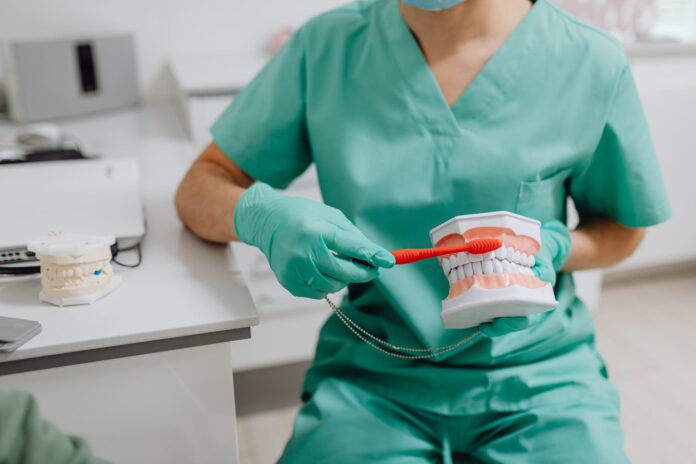Everyone is aware of how important one’s oral health is. Generally, people brush their teeth but make slight mistakes in the process which, in future, results in making them a dentist’s best friend. It’s been noticed many times that despite regular brushing of teeth people get dental problems.
The reason for the problem is that many people are unaware of the right way and the wrong way to brush their teeth. No matter how hard you try, dental health might backfire even after regular brushing. Inadequate brushing habits can result in a risk for dental issues such as gum disease and sensitivity (teeth).
Here Are 10 Ways You Can Try To Brush Your Teeth Properly:

● Bad Breath Could Be A Sign
Bad breath is the most often and the most obvious sign. If you feel that you have bad breath, this may imply that your oral health is not as good as it should be. In medical terms this is also known as halitosis. Bad breath can be a sign of dental issues, including gum disease as well.
When you brush and floss inappropriately, you are simply allowing bacteria and plaque to deteriorate your teeth and gums ( gum inflammation and bleeding).
● You Have A White Tongue
White tongues are a sign something is wrong (Healthy tongues are pink). You might notice white coating sometimes on your tongue, this is a sign of bacteria growing over it. To prevent this problem, brushing your tongue is necessary to remove more bacteria.
● You Get Food Stuck Between Your Teeth
The cavity is one of the biggest problems for teeth as cavities make it easier for food to get stuck between the teeth which increases dental issues. If you find food stuck in between your teeth even after good brushing and flossing, this is because of a cavity in those teeth.
This issue can become worse in future. To prevent that, it is recommended to visit the dentist so they can cure it in time and with the right medication.

● Bleeding Gums
Bleeding in teeth while brushing and flossing is another sign that your gums aren’t healthy. If you see blood in your saliva while brushing then you need to speak to your dentist as soon as possible.
Some other ways to check the health status of your gums is by looking at your gums to check if they are red or swelling. If they are, they must be diagnosed. The redness or swelling up of your gums could result from brushing aggressively. This can also cause bleeding and can even result in receding of gums.
● You See White Patches On Your Teeth
White patches suggest that your teeth have a cavity. White spots on teeth can be because of weakening enamel(the uppermost layer of teeth). If these white patches are at a blind spot in your teeth( backside) you won’t be able to see them but you need to go for regular dental checkups.
● Your Teeth Are Sensitive
Another side effect of intense brushing can result in sensitivity. If you feel hot and cold in your teeth while eating or drinking anything heated or cold, this could be the result of brushing too aggressively. Dentists call it sensitivity.
Some other reasons for sensitivity can be existent. It is recommended to rectify brushing methods and most importantly to use a good sensitive formula toothpaste.

● Your Teeth Seem To Be Longer
If you are too hard on your teeth while brushing you can be sure of damaging your gums. In many cases, receding gums are also seen and this can make your teeth look bigger (especially in length). This happens because of rubbing your toothbrush against your gums too aggressively.
● Yellowing Of Your Teeth
Many things are responsible for the yellowing of teeth and one of those is plaque. It can be a yellow or white-brown appearance on your teeth that tarnishes the look of your smile and even your enamel. You can see it commonly near the gum line and at the front lower teeth.
● Your Teeth Feel Gritty
Ever felt gritty on your teeth? That is because of the presence of the plaque. It can result in less smooth teeth. The smoothness of teeth will fade away with time if plaque is ignored for a long period.
● Your Teeth Feel Weak
Harsh brushing can make your teeth weak, leading to problems such as cracks and a feeling of teeth loss. This can be problematic and would want the attention of your dentist.
Whether a simple filling or complex implant, if you are looking for a dentist that encourages you with the most positive spirit, visit https://g.page/bridgewater-family-dental/.

Tips To Improve Brushing
If you want to improve your brushing technique in order to get rid of the probes associated with harsh and improper brushing, follow these tips:
Choose The Right Toothbrush
Dentists always prefer a soft-bristled toothbrush. This toothbrush can help you to avoid abrasion over gums. Another thing is to use the right size of a toothbrush, as it should not be too large for your mouth.
If you use a large sized toothbrush, it will be problematic to reach all your teeth’s surfaces. For brushing your tongue you should use a toothbrush with a textured back.
Slow It Down
Try to brush your teeth twice a day, each for nearly 2 minutes. You can also use an electric toothbrush which comes with a timer that makes it easy to brush for only the required limited time. You can even use your phone as a timer.
If you are brushing your teeth forcefully to remove plaque or bacteria, unconsciously you are damaging your teeth and gums. Rather, try doing it gently to avoid this kind of damage.
If you check out this dentist in Greenbelt, they’ll also tell you that you need to position the brush at a 45-degree angle to make sure that you’re also cleaning the gums.

Change your Old toothbrush
It’s tough to remember when you think about the date on which you replaced your toothbrush last time. According to the dentist, it is necessary to replace your toothbrush regularly. A period of 3-4 months is enough lifetime for one toothbrush. It is said that bristles of toothbrushes are no longer aligned in the way they are determined to be.
Conclusion
Gently brush your teeth twice a day for not more than two minutes. Change your technique if you notice blood or white patches. If the problem continues, see a good and qualified dentist. Replace your toothbrush after every 3 to 4 months. Eat healthy food and take a proper calcium diet for strong and long-lasting oral health.




